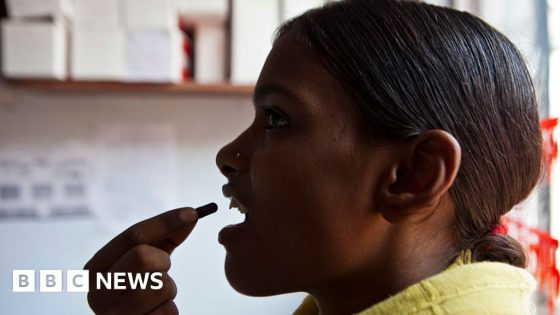Colorectal cancer remains a pressing health issue, ranking as the second most common cause of cancer deaths in the united states. In 2025, over 150,000 Americans are expected to receive a diagnosis, with nearly 53,000 fatalities anticipated. Recent studies presented at the American Society of Clinical Oncology (ASCO) meeting reveal promising insights into the role of lifestyle changes and targeted therapies in combating this disease.
- Colorectal cancer is a major health concern.
- Exercise improves survival rates for patients.
- Diet impacts colorectal cancer outcomes significantly.
- Younger adults are increasingly affected by colorectal cancer.
- Targeted therapies show promising treatment advancements.
- Lifestyle changes are sustainable for health systems.
While overall diagnoses of colorectal cancer have been declining due to improved screening, alarming Trends show rising rates among younger adults. By 2030, colorectal cancer could become the leading cause of cancer death for those aged 20 to 49. Understanding how diet and exercise can influence outcomes is crucial for patients and healthcare providers alike.
Research underscores the importance of lifestyle interventions in reducing cancer recurrence. A recent study found that colorectal cancer patients who followed an exercise program experienced a 28% reduction in the risk of recurrence. This raises an important question: how can patients effectively incorporate these changes into their lives?
- Engage in regular physical activity, such as brisk walking, for at least 150 minutes a week.
- Adopt a diet rich in anti-inflammatory foods, including leafy greens, coffee, and tea.
- Stay informed about new treatments and participate in clinical trials when possible.
As research continues to unveil the benefits of exercise and diet in cancer treatment, patients are encouraged to take an active role in their health. Empowering oneself through informed choices can lead to better outcomes and a healthier future.





















![[Adobe Stock]](https://news.faharas.net/wp-content/uploads/2025/05/Childhood-Virus-Linked-to-Alzheimers-Uncover-the-Silent-Threat-to-230x129.jpg)











